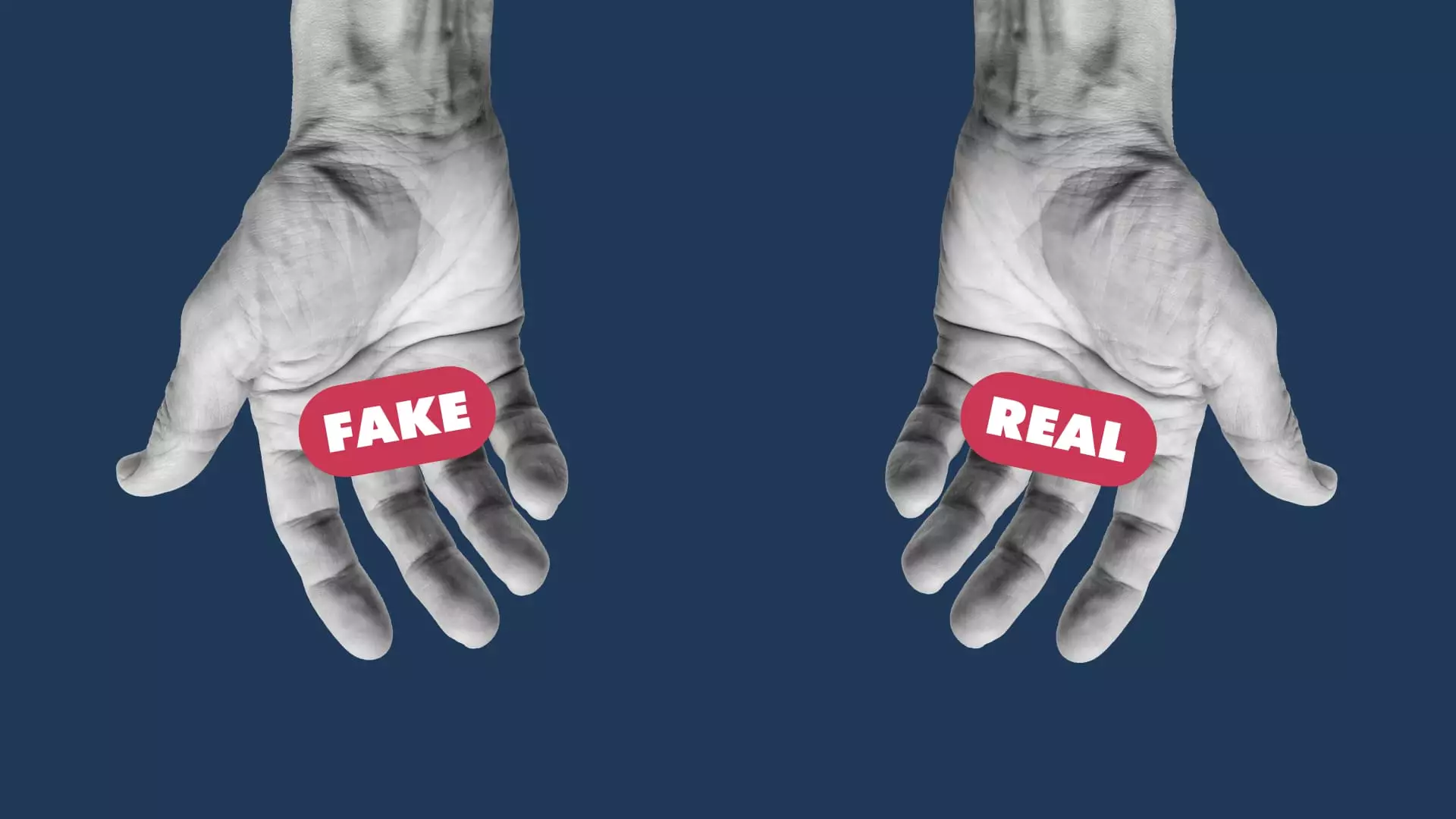As the digital era evolves, platforms like Tripadvisor have revolutionized how consumers make decisions about travel and dining experiences. However, with increased reliance on user-generated content has come a worrying trend: the proliferation of fake reviews. According to Tripadvisor’s “Transparency Report 2025,” an alarming 8% of the 31.1 million reviews submitted in 2024 were classified as fake. This marked a significant increase over the previous years, sparking a dialogue about the integrity of online review systems. But what does this surge in flagged reviews actually signify for the future of consumer trust?
While the headline figure appears alarming, it is essential to consider the broader context. As Becky Foley, vice president of trust and safety at Tripadvisor, notes, the uptick in fake reviews should not simply be viewed as a doubling of deception. Instead, it reflects a comprehensive adaptation of Tripadvisor’s policies and an enhancement in technological capabilities aimed at fraud detection. The platform has adopted a more aggressive approach to identifying incentivized reviews, wherein businesses encourage customers or employees to leave favorable assessments in exchange for perks. Such practices inherently compromise the authenticity of reviews, raising ethical questions about their validity.
Understanding the Nature of Fake Reviews
At its core, a fake review is more than mere fabrication; Tripadvisor defines it as any entry submitted with a clear intention to skew the reputation of a property—typically through biased or non-genuine experiences. This understanding positions us to assess the factors contributing to the increase in detected fake reviews. Notably, Tripadvisor’s three-pronged approach to detection—incorporating automated systems, human review, and community involvement—illustrates its commitment to upholding authenticity. The report reveals that a notable 7% of submissions were auto-rejected, while an additional 5% were flagged for more thorough inspection, highlighting a robust framework for filtering out insincere content.
However, it is worth questioning whether the industry is doing enough. Despite these efforts, around 13% of all submitted reviews were moderated, indicating a vast volume warrants scrutiny. Therein lies the problem: as the sheer number of reviews grows, so does the challenge of maintaining integrity. Public trust in review systems hinges on transparency, and a lack of clarity in the process could erode user confidence over time.
The Different Facets of Fake Reviews
Tripadvisor categorizes fake submissions into four distinct types: boosting, vandalism, member fraud, and paid reviews. It is worth noting that boosting accounts for 54% of fake reviews, while member fraud follows closely at 39%. The distinction between these types highlights that the primary objective is often to artificially inflate ratings, rather than simply sabotage the reputations of competitors.
Moreover, despite popular misconceptions, vandalism represents a much smaller fraction of the total. An interesting aspect of the report is the identification of paid reviews, deemed “more pernicious” due to their insidious nature. These reviews, often originating from organized fraud rings and “review farms,” can significantly mislead consumers. Foley’s insight that many of these questionable submissions come from countries with burgeoning economies like Indonesia and Vietnam, despite their actual review rates being considerably lower, speaks volumes about the nature of the global marketplace.
The Evolving Fight Against Review Fraud
The battle against fake reviews, as Foley eloquently puts it, is akin to a “cat and mouse” game. Organizations like Tripadvisor must remain vigilant and adaptable as tactics and technologies continue to evolve. The reality is that while the system itself has improved substantially, absolute perfection remains an ever-elusive goal. As Tripadvisor invests in advanced technology like artificial intelligence and behavioral biometrics, we must ask ourselves whether this is enough to reassure wary consumers.
One wondered aspect of this dynamic is the increasing usage of AI-generated reviews. Contrary to popular belief, most of these are crafted by genuine travelers seeking to enhance their narrative, not fraudulent entities. While Tripadvisor currently prohibits AI-assisted reviews, the fact that they are actively monitoring this emerging trend indicates an awareness of the potential for both authenticity and deception intertwined within technological innovations.
As the digital marketplace continues to expand, so too must our understanding of how to effectively navigate review platforms. The implications of unchecked fake reviews can be damaging, not just for businesses seeking to establish reputations, but also for consumers striving to make well-informed decisions. It is imperative for companies like Tripadvisor to remain transparent about their efforts to provide a trustworthy review ecosystem, fostering a culture of authenticity for both contributors and seekers alike.


Leave a Reply